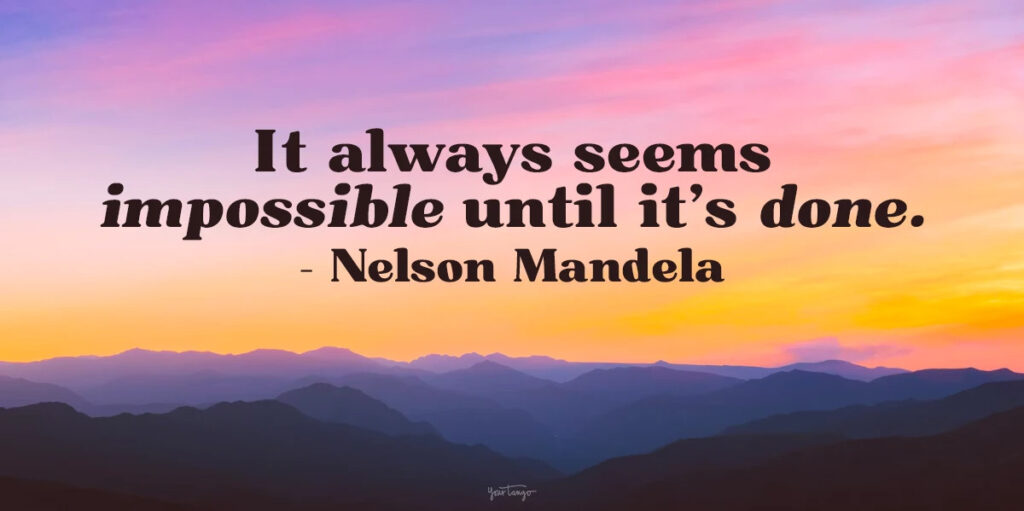Let me lead with my bias: I’ve always cringed inside when people have told me that they need to find an “accountability partner” to succeed with exercise.
Last week, I was on a call with a new coach I started training to help his clients make sustainable lifestyle changes. Suddenly, he stopped to share how excited he was that he could offer the “accountability” that his new client had informed him she needed.
Uh-oh. Red flag!
In the 29+ years that I’ve been helping people transform their relationship with exercise from a chore into a gift, finding someone for my clients to be accountable to has never been a go-to strategy for lifetime sustainability.
I view needing “accountability” as one of the leading roles in the old story of behavior change, right alongside “willpower.” (Please note that this discussion is not about the value of accountability partners in addiction programs—we are talking here only about exercise!)
So what do we mean by “accountability”?
Needing “accountability” reflects needing an external motivator: Someone or something outside of you is designated to get you to exercise because you are not sufficiently motivated yourself. This strategy can often get us (or our clients, patients, or employees) to get started. But there’s a huge divide between what gets people started and what keeps them going. When it comes down to sticking with a physically active life, extrinsic motivators or rewards are not a good bet.
Believing we need an accountability partner underestimates our own capacity to motivate ourselves. Newly published research in the Journal of Motivation and Emotion supports this idea. Across seven studies in different countries, participants were informed that they would do a long and repetitive task without getting any extrinsic incentives. However, before they started the task, they were asked to predict their level of motivation to complete the task.
The findings were striking: Across the different experiments and using a variety of tasks, participants were more consistently and actively engaged in the tasks than they predicted they’d be. The authors concluded that people tend to under-appreciate their capability to sustain their motivation in the absence of external motivators.
This study was not about exercise per se, yet I believe it has implications for our own exercise motivation and for those we try to help in our professions.
If having an accountability partner has cultivated sustainability within your life, fantastic. But decades of experience suggests that long-term, externally motivating strategies just don’t work for most.
Here’s what I’ve been wondering: Is a successful “accountability” partnership actually due to something other than external motivation?
Uncovering connection: a hidden resource for lasting behavior change
What if the “accountability partner” strategy is actually hinting at something deeper? What if, among those for whom it works, this strategy is actually obscuring a core resource that supports lasting behavior change among many?
In a study I co-led with Heather Patrick and April Oh, funded by the National Cancer Institute, we looked at what factors people reported as leading them to feel happy and successful. Among a handful of answers, connecting with others was the only thing participants described as facilitating both success and happiness for them. Our finding was consistent with other science showing that being connected to others is associated with happiness and meaning.
But we also learned something else: Participants reported that connecting with others while being physically active transformed it into a positive experience. And positive experiences during exercise are considered very important for predicting future decisions to exercise.
The term for the motivating benefits from human connection during movement: relational motivation. This turns the very idea of an “accountability partner” on its head, re-framing it as feeling connected to and enjoying the companionship of others while moving our bodies. And this, my friends, is full-on intrinsic motivation!
Here are some questions to help you and/or your clients or patients discern whether they could be motivated by accountability or connection:
- If you have an exercise partner: Think about what actually gets you to exercise with them. Is it enjoyment of their company, or a sense of obligation, or both? (If obligation is dragging you down, try to hone in on the positive experiences of camaraderie.)
- When you think about exercising with someone you enjoy: Do you feel dread or want to smile? If your lips are curving upward, grab your phone and make a plan!
- Do you thrive in extrinsically motivating situations across life contexts? If so, then an accountability partnership might be a thing to try.
When it comes to creating sustainable exercise behavior, the terms we (and our clients/patients/employees/consumers) use deeply matter. They influence our perceptions and experiences, which ultimately influence whether we sustain a physically active life.
In reality, “accountability partnerships” is not a black-and-white issue; it’s nuanced and packed with different ingredients for different people, including things like support and being there for others. What do think about accountability partners?
This article was written by Michelle Segar, Ph.D., is a researcher at the University of Michigan with almost thirty years of experience studying how to help people adopt healthy behaviors in ways that can survive the complexity and unpredictability of the real world.
